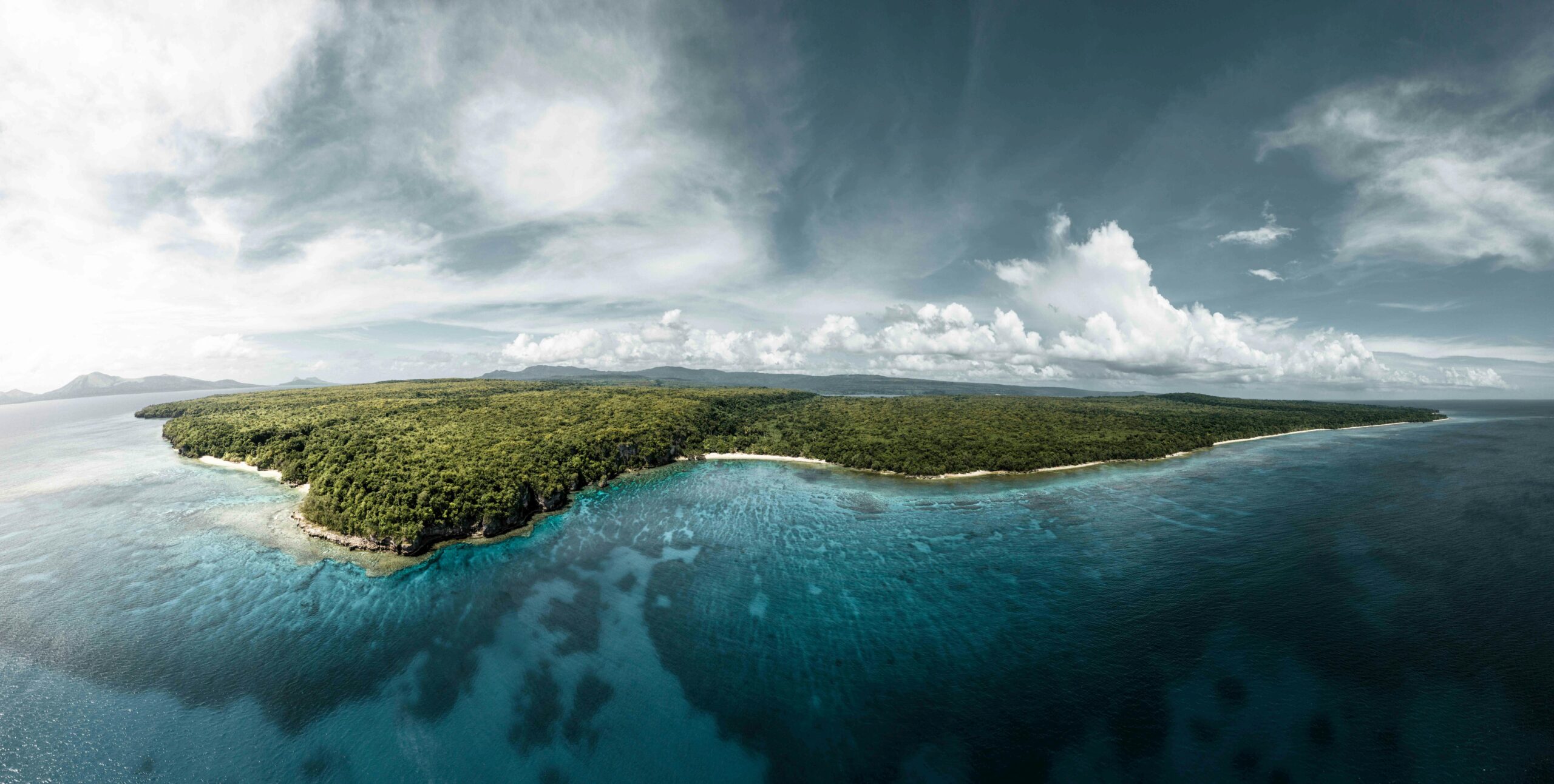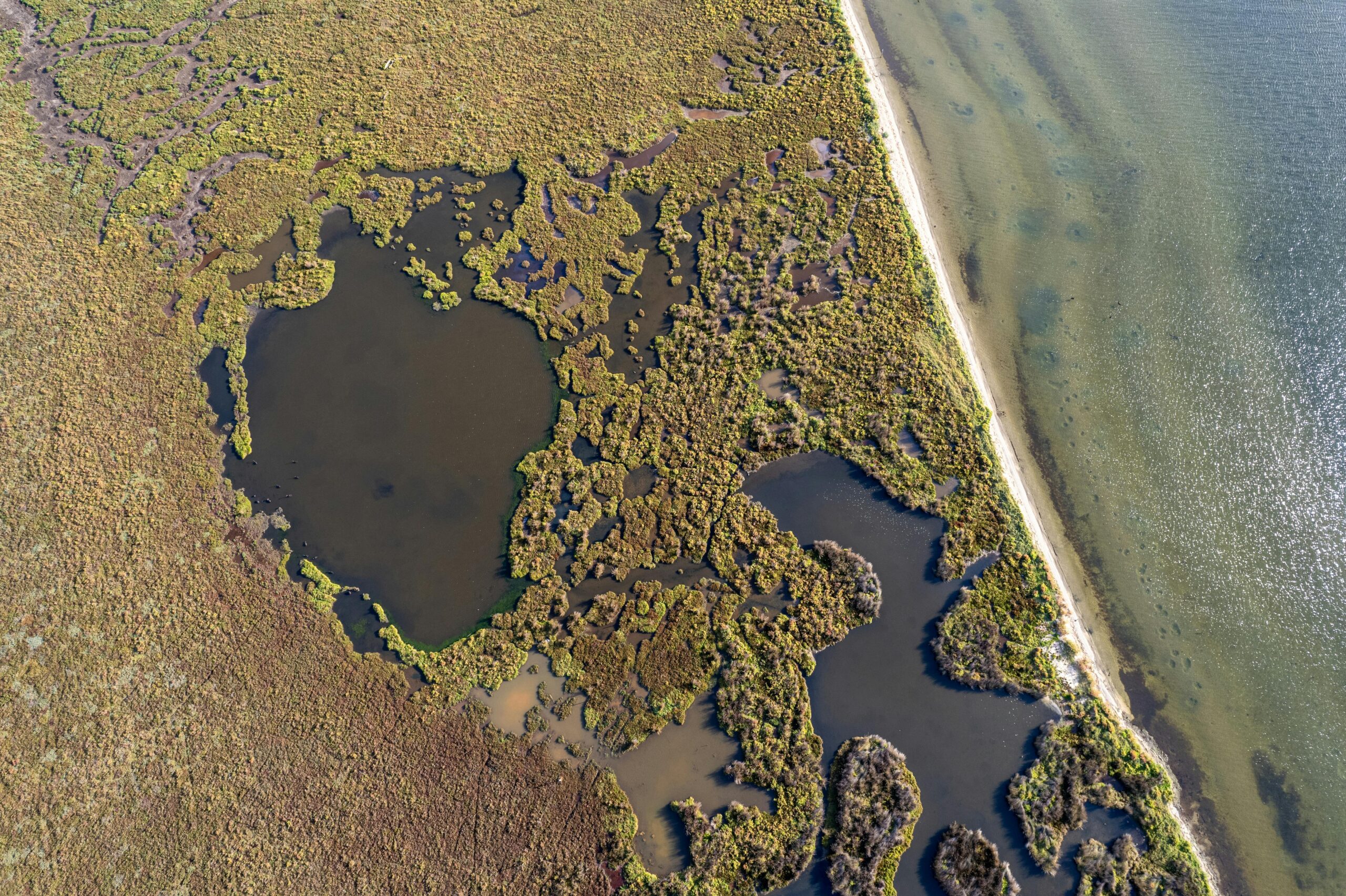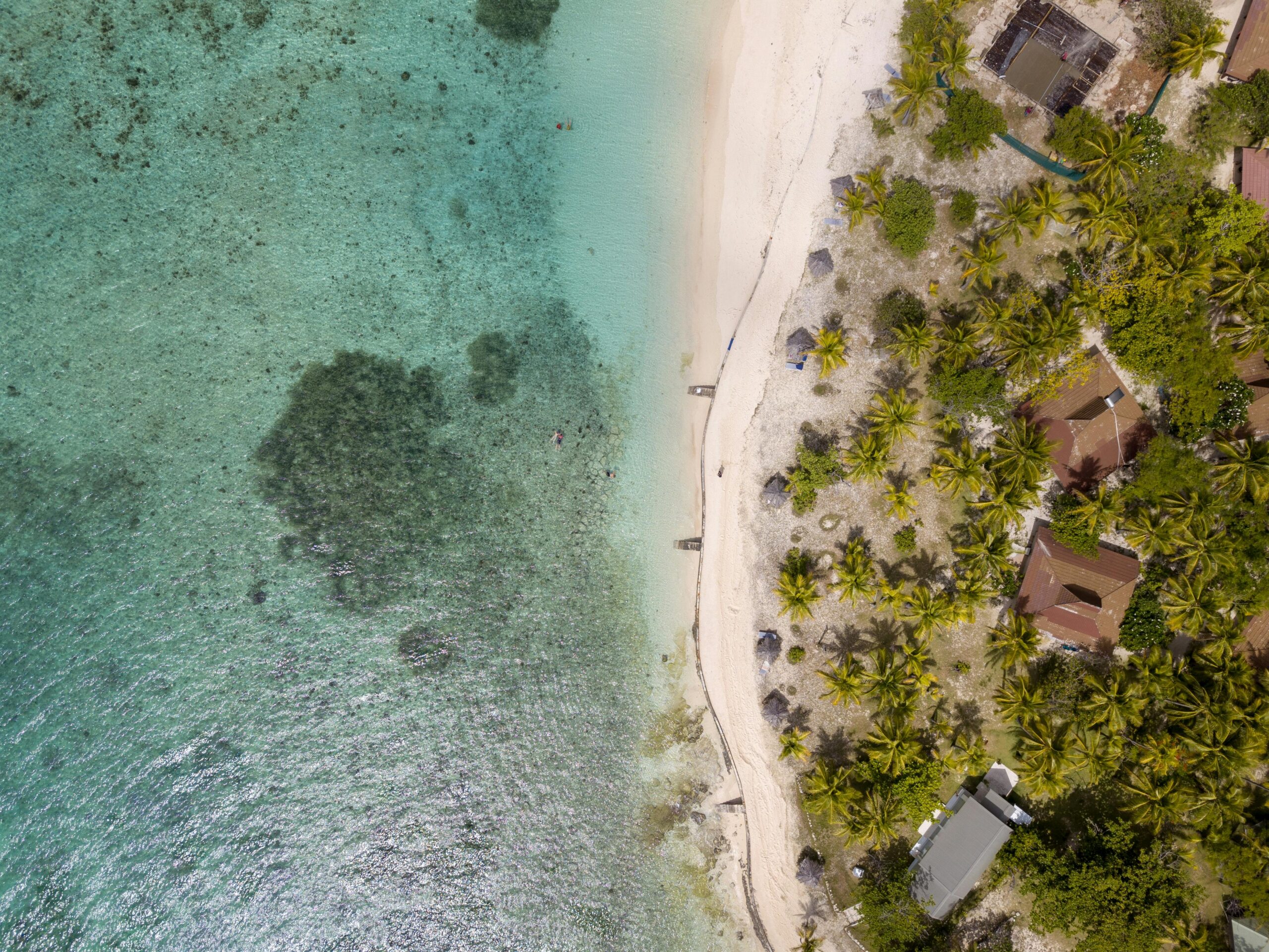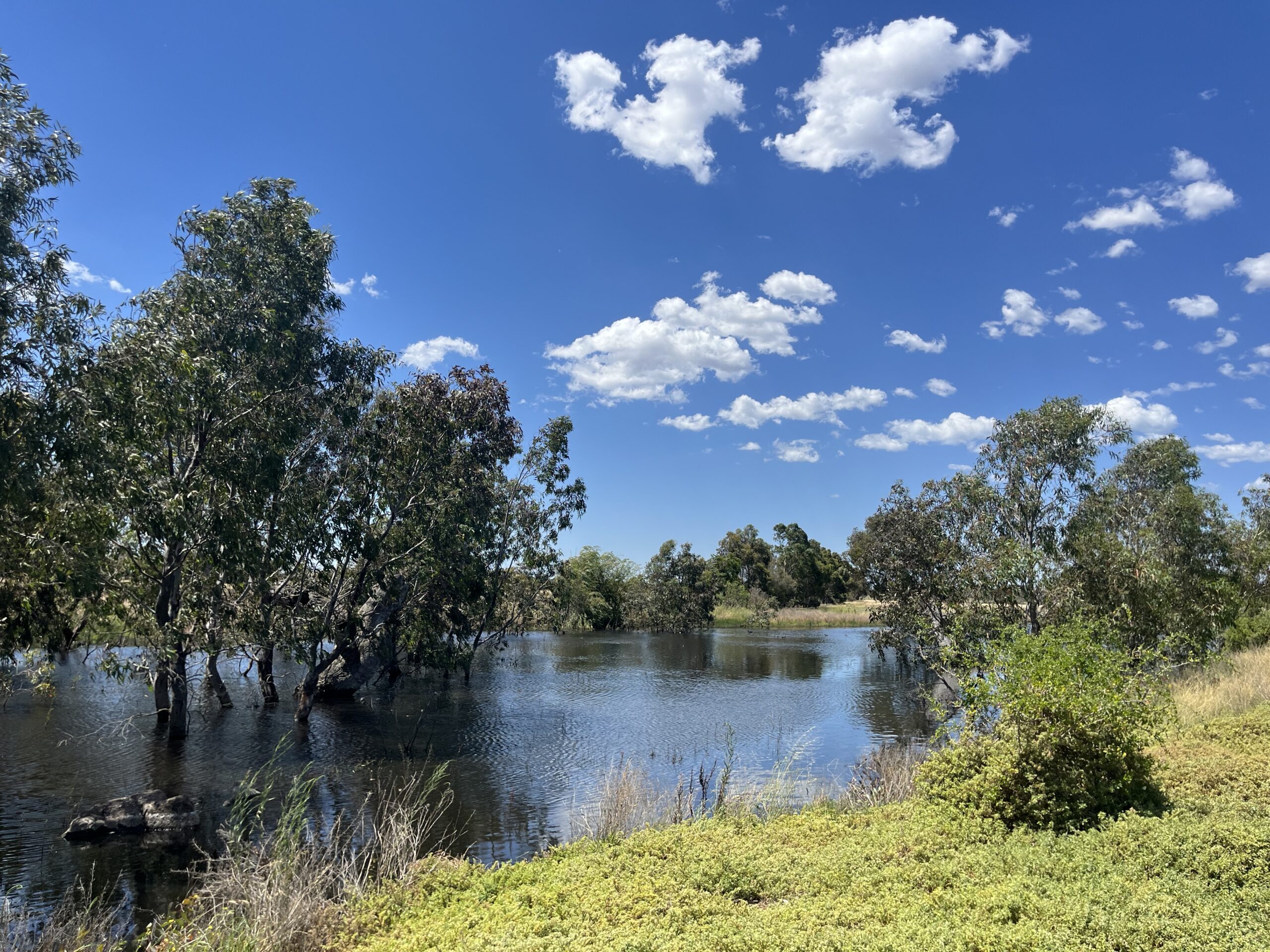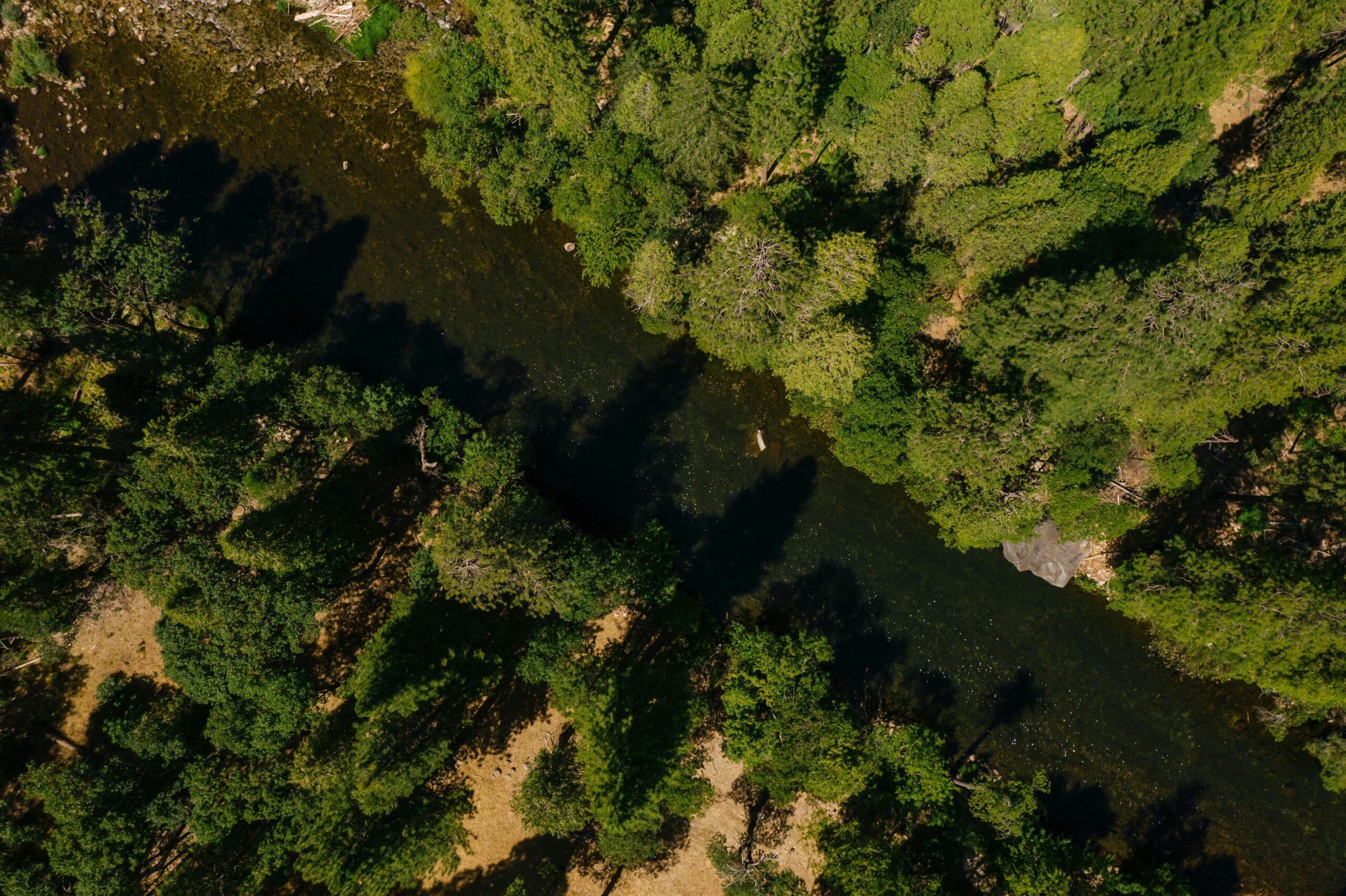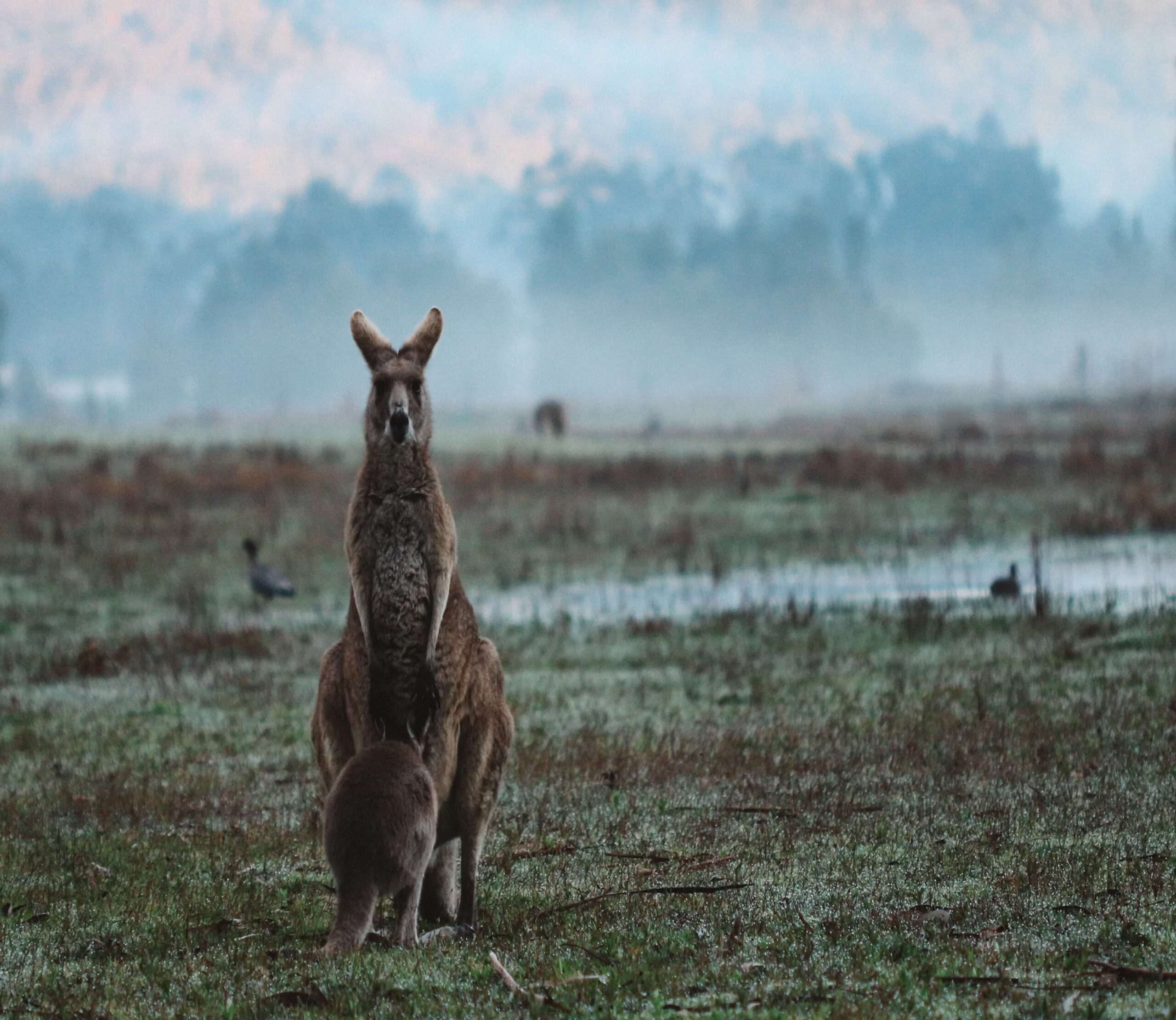
Ecological Monitoring
We bring extensive experience in developing and implementing ecological monitoring programs. We have conducted flora and fauna assessments across a wide range of environments. Our water quality and aquatic health specialists have a depth of experience in the development of water quality management and adaptation programs and plans.
Flora and fauna assessment
Flora and fauna assessments are core business for most ecological firms. However, we believe understanding ecosystem function – rather than just generating species lists – is critical to understanding ecological condition. We have conducted flora and fauna assessments across the east coast of Australia and throughout the South Pacific. Our projects range from small-scale site assessments and catchment-scale biodiversity condition assessments through to large-scale, multi-year, multi-country ecological assessments requiring large field teams operating in remote and isolated locations.
Aquatic ecological assessment
EcoFutures offers extensive expertise in conducting ecological assessments across freshwater, groundwater and estuarine ecosystems. Our team specialises in delivering scientifically rigorous assessments and management plans that meet environmental protection and compliance standards while providing practical, actionable solutions. We are recognised experts in aquatic biodiversity assessment, ecosystem rehabilitation and environmental monitoring, where our experience spans a range of ecological and aquatic health investigations, including the management of lakes and water bodies.
Coastal habitat assessment
Our coastal ecologists are experienced in coastal habitat assessments, specialising in addressing landscape-scale ecological challenges driven by climate change and other long-term impacts. We work to advance and apply concepts of ecological resilience and deepen system understanding, empowering clients to proactively plan for the adaptation and transition of their natural assets.
Ecological risk assessment
We are experienced in conducting environmental investigations for a range of purposes, including compliance monitoring, biological impact monitoring, environmental impact assessment, species monitoring, baseline surveys and vegetation rehabilitation planning. We work closely with other teams across the Alluvium Group to provide a whole-of-system approach to risk assessments. We are experienced with the state-based risk assessment guidelines across the east coast of Australia.
Waterway condition monitoring
Our team has expertise in all aspects of freshwater and estuarine monitoring program design, assessment, and reporting. This includes conceptual program design, survey design, modelled data inputs, indicator and composite index development and validation, statistical condition assessment and trend analysis approaches, and effective visualisation and communication strategies for reporting. Most organisations require simple yet scientifically robust frameworks to meet their needs, and our team provides advice on cost-effective, best practice data collection, analysis and communication strategies to achieve them.
Database development and analytics
Data analysis and visualisation are integral to much of our consulting work. Our team uses Geographic Information Systems (GIS) to provide valuable insights and advice to clients and present complex ideas and concepts in a visually appealing, easy-to-digest format.
We believe data analysis and visualisation is key to managing, restoring and protecting landscapes and ecosystems. We work extensively with remotely sensed data (eg Landsat, LiDAR), spatial inventories and geostatistical techniques to extract spatial information for processing and analysis. We also develop customised database tools to increase efficiency in workflow and analytical process.
Industry leadership
Our industry leaders are known for their deep expertise and knowledge in their field. They bring a thorough understanding of industry trends, technologies and best practices.
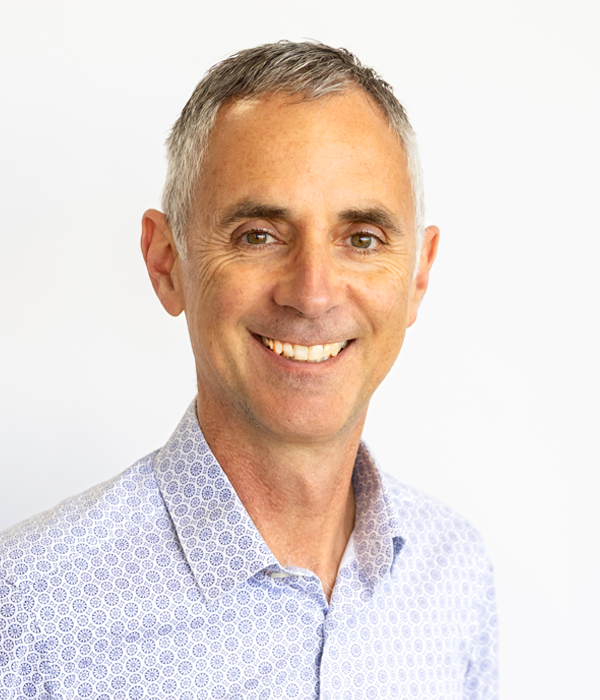
Dr Andrew Sharpe
Andrew is an aquatic ecologist with over 30 years of experience spanning academia, government, and environmental consulting. He specialises in freshwater ecology, with a strong focus on landscape-scale environmental issues and the integration of science into practical water management.<br><br>Andrew has led numerous monitoring and research programs, with particular expertise in environmental water management, project design, and ecological assessment. His work bridges hydrology, geomorphology, and the ecological needs of freshwater species.<br><br>Over his career, he has contributed to more than 200 consulting projects, published in peer-reviewed journals, and held leadership roles in major water management programs, including at the Victorian Environmental Water Holder.
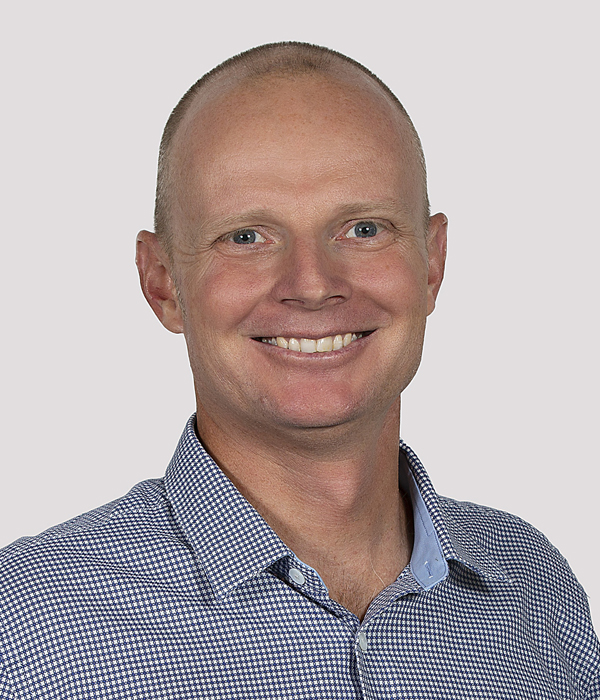
Dr Paul Maxwell
General Manager – EcoFutures
Paul is a coastal ecologist and natural resource management specialist with 20 years experience working for state government, universities and not-for-profit organisations. He has had extensive experience in developing and implementing environmental, social and economic monitoring and research programs across Australia for local councils, natural resource management organisations and water utilities. He is an experienced project manager in the fields of coastal habitat management and assessment; water quality and river health management; water resource management; monitoring and evaluation; science translation and communication and stakeholder and community engagement.<br><br>Paul is the Research and Development lead for Alluvium. Throughout his career he has focused on developing better links between the best science and practitioners and has maintained an active research profile by partnering with university and industry researchers nationally and internationally. He has been involved in a diverse range of research projects which has led to extensive publications in top-tier journals in the fields of environmental management, ecological resilience, biodiversity conservation, environmental chemistry and marine and freshwater ecology. His research and monitoring outputs have directly influenced state and local government policies.
